Frederica Freyberg:
Governor Walker is one step closer to his goal of seeing mining operations return to northern Wisconsin. On a 17-16 vote, the State Senate Wednesday passed a bill that would ease regulations on the Gogebic Mining Company’s proposed iron ore project in northern Wisconsin. The measure now heads over to the Assembly. We check in with two state representatives. Democrat Fred Clark serves on the committee on jobs, economy and mining. He joins us in Madison. Republican Majority Leader Scott Suder is in Wausau tonight. He is one of the lead sponsors of the mining bill. Welcome to both of you.
Scott Suder:
Thanks for having us.
Fred Clark:
Thanks, Frederica.
Frederica Freyberg:
First to you, Representative Suder, what is your reaction to the Senate passage of this bill?
Scott Suder:
Well, it’s another step forward for a very great piece of legislation, and I truly believe protects our environmental standards, keeps those intact, in fact strengthens them and allows for a company to come in and actually create thousands of jobs statewide. So I think it’s a real balance that’s been struck, and with plenty of discussion. We’ve gone over this for at least a year and a half, if not two years. We’ve had 11 public hearings, nearly 65 hours of testimony. We’re ready to vote. We’ve, I think, reached a balance that will both protect the environment in the area and statewide, and also create those jobs, which I think is everyone’s goal, no matter which way you cut it. We have different thoughts and ideas, but we’re ready to vote and we’ll have a healthy debate in the Assembly next Thursday.
Frederica Freyberg:
I bet. Representative Clark, what’s your reaction to the Senate passage?
Fred Clark:
Well, this bill, the mining bill, unfortunately, despite the number of public hearings that it’s had, and the huge amount of public overwhelming opposition to the bill as it’s written now, still reflects all the flaws that it contained two years ago. So quite honestly, the Assembly is going to vote on this bill next week. It still remains deeply unpopular. Of the 925 people who testified, or registered at the January 23 hearing, over 825 of them were opposed to it. I don’t think this bill reflects the will of the citizens of this state right now.
Frederica Freyberg:
Now, as you say, it goes to the Assembly. It will pass the Assembly, and it will be signed by Governor Walker. Then what?
Fred Clark:
Well, provided that happens, it’s almost certain that if a mining company actually applies to build a mine in Wisconsin, then the litigation will start. There will undoubtedly be suits brought by interested parties in both state and federal court, including suits related to our Public Trust Doctrine, because what this bill does is something no bill in Wisconsin has ever done before, and that’s allow the destruction of natural resources and presume that it’s necessary to destroy wetlands and streams and lakes in order to allow an industrial activity to occur.
Frederica Freyberg:
Representative Suder, Senator Tom Tiffany, the co-author of this bill, says that he thinks that perhaps it would be protected in court, in litigation, because of the language in the bill. He says, “If the law is challenged and ends up in court, the judge needs to know that it was the legislature’s intent to allow adverse environmental impacts. That way, a judge can’t find fault if the environment is impacted.” Do you agree with that?
Scott Suder:
Well, I think what Senator Tiffany was trying to say is, look, we have done everything we possibly can to address those concerns that have been brought up. Look, people have said you’re going to fill in lakes. We wrote in the bill, you can’t fill in lakes. People have said you’re going to fill in trout streams. We wrote in the bill specifically you can’t fill in Class 1, Class 2, or Class 3 trout streams. We went and made changes that we truly believe address many of the environmental concerns. Some of them are red herrings. When Fred mentions some of the groups that are going to sue, I would argue many of those groups just don’t want a mine, period, under any circumstances. So, yes, there may be lawsuits. But I believe, like Senator Tiffany does and the rest of our authors, that we have a balanced approach here that should fend off many of those frivolous lawsuits, and we do make certain that we follow, we require cooperation with the Army Corps of Engineers We require cooperation with the DNR. If they don’t meet those standards, the mining company, then they don’t get a permit. So it’s a long process. There may be lawsuits. But I truly believe in the end, any reasonable judge is going to say, look, they met the standards, or they didn’t, and that’s going to be judged accordingly.
Frederica Freyberg:
Representative Clark, red herrings and frivolous, is that how you would describe potential litigation?
Fred Clark:
Well, I think there are a number of parties that have standing with very significant interests they will be seeking to protect. I would add that the protection of public waters is in Wisconsin’s constitution since statehood and there has been a tradition in this state of not presuming that it’s necessary to destroy public waters, including wetlands and streams, and portions of lakes, which the bill still allows to occur. There are some limitations in that now, but it’s by no means absolute. It’s most certainly grounds for a constitutional challenge.
Frederica Freyberg:
Let me move along to the issue of jobs. Representative Suder, can you tell me how many jobs now are expected to be created because of this mine? And when can people start lining up kind of at the Gogebic employment office?
Scott Suder:
Well, if you look at the North Star Economics Report that was done, there is going to be at least 700 jobs at the mining site. There’s going to be about a $2 billion economic impact not only locally, but statewide. That’s only in phase one of this mine, and there’s going to be spin-offs statewide. So the economic impact cannot be underestimated, but at least 700 jobs at the site. It’s estimated to be about 2800 jobs statewide. And I would argue, some would argue that’s a conservative estimate. Now, when will they start? When the company is going to have to start looking at environmental quality standards. Before they even apply for the permit, they’re going to have to do some evaluation of infrastructure, some testing and hire engineers and water quality analysts. So there will be jobs that will be set up immediately. As we go along, certainly, those jobs will skyrocket in terms of the amounts at the mine, and the amounts of individuals that will be employed statewide.
Frederica Freyberg:
I want to jump back to you, Representative Clark, and ask do critics of the bill, and people in opposition like yourself and mostly democrats, go down as kind of anti-job creation?
Fred Clark:
Well, certainly not. I am not anti-mine, nor are most of my colleagues who are opposed to this bill. That’s why I sponsored Senator Cullen’s bill, which provides what we believe is a reasonable timeline that gets at the certainty that mining companies have said they need. But what we want to be sure is that what the impact of a mine would bring to a community, whether it’s in Iron County or Sauk County, is one that the impacts are addressed, that the environment is protected, and that the long-term health of those communities is protected. And the jobs that this company claims will be generated, we’ve seen no detail from them about the project. Meanwhile, Minnesota mines and Michigan mines are getting ready to shut down, because the iron ore industry is a really cyclical one right now. There will be folks there looking for jobs, too.
Frederica Freyberg:
We need to leave it there. Representative Fred Clark, Representative Suder, thanks very much for joining us.
Scott Suder:
Thanks for having us.
Fred Clark:
Thank you.
Search Episodes

Donate to sign up. Activate and sign in to Passport. It's that easy to help PBS Wisconsin serve your community through media that educates, inspires, and entertains.
Make your membership gift today
Only for new users: Activate Passport using your code or email address
Already a member?
Look up my account
Need some help? Go to FAQ or visit PBS Passport Help
Need help accessing PBS Wisconsin anywhere?

Online Access | Platform & Device Access | Cable or Satellite Access | Over-The-Air Access
Visit Access Guide
Need help accessing PBS Wisconsin anywhere?

Visit Our
Live TV Access Guide
Online AccessPlatform & Device Access
Cable or Satellite Access
Over-The-Air Access
Visit Access Guide
 Passport
Passport





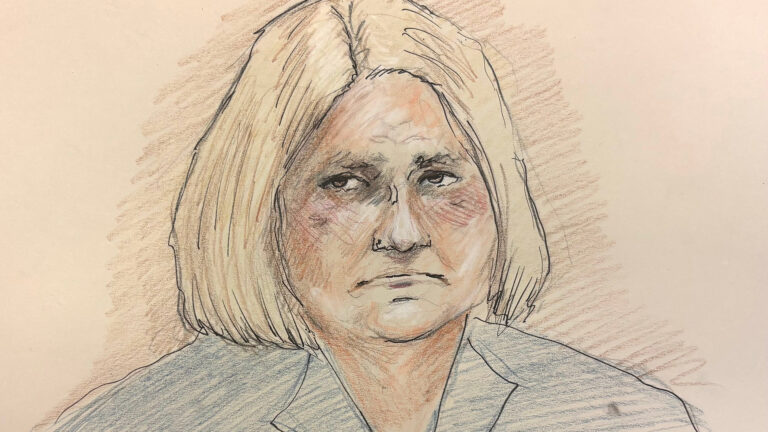
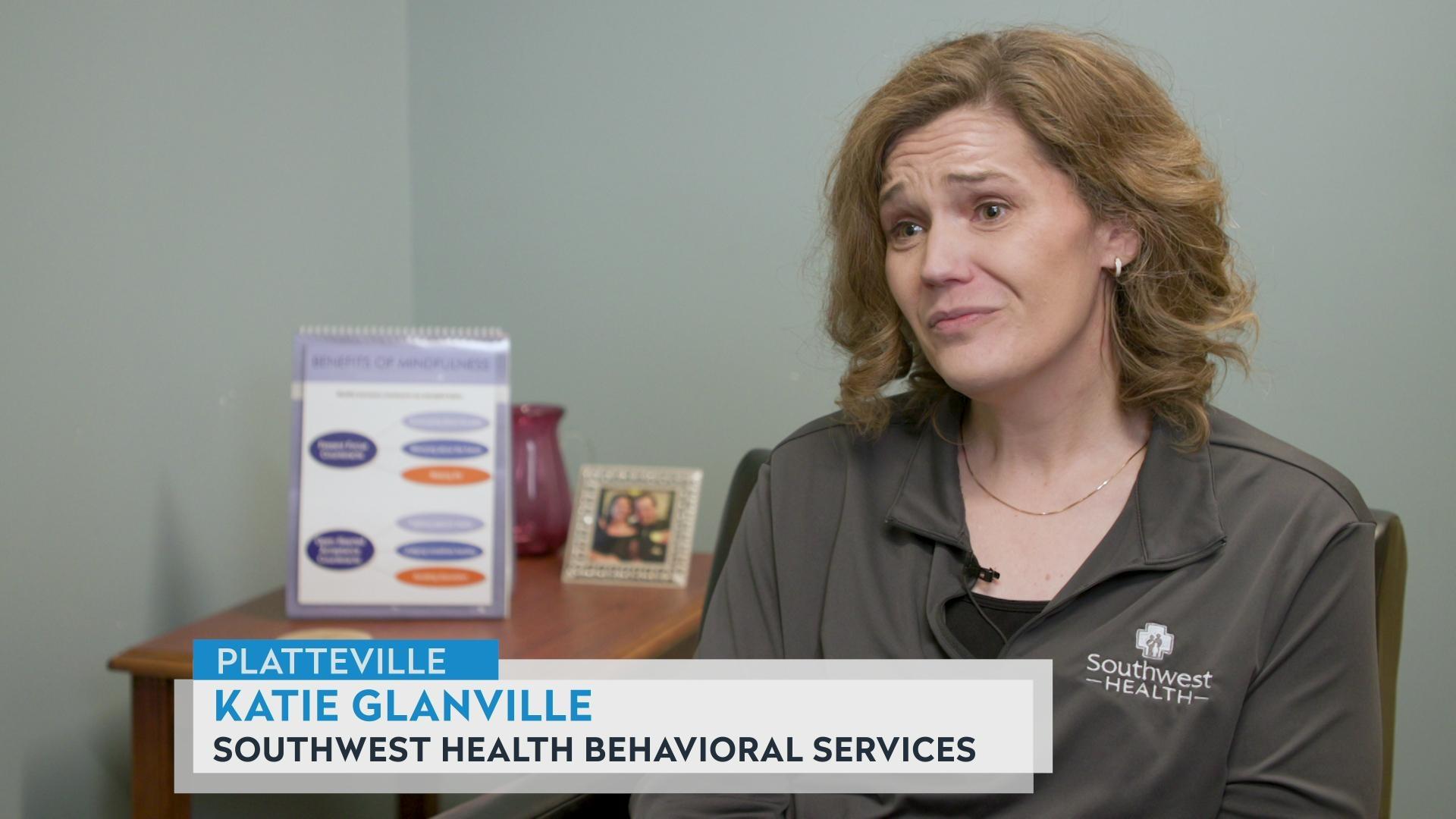






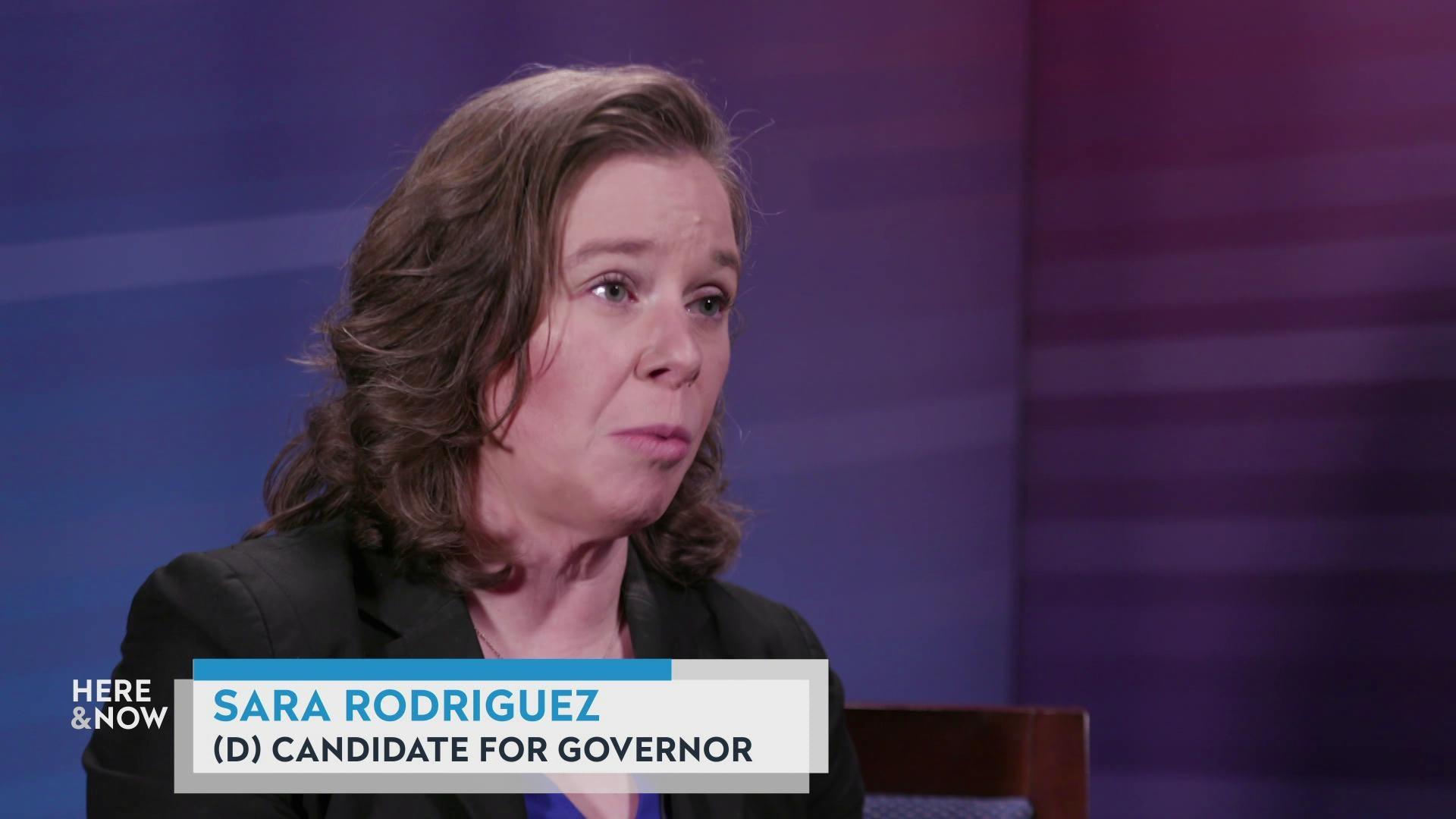
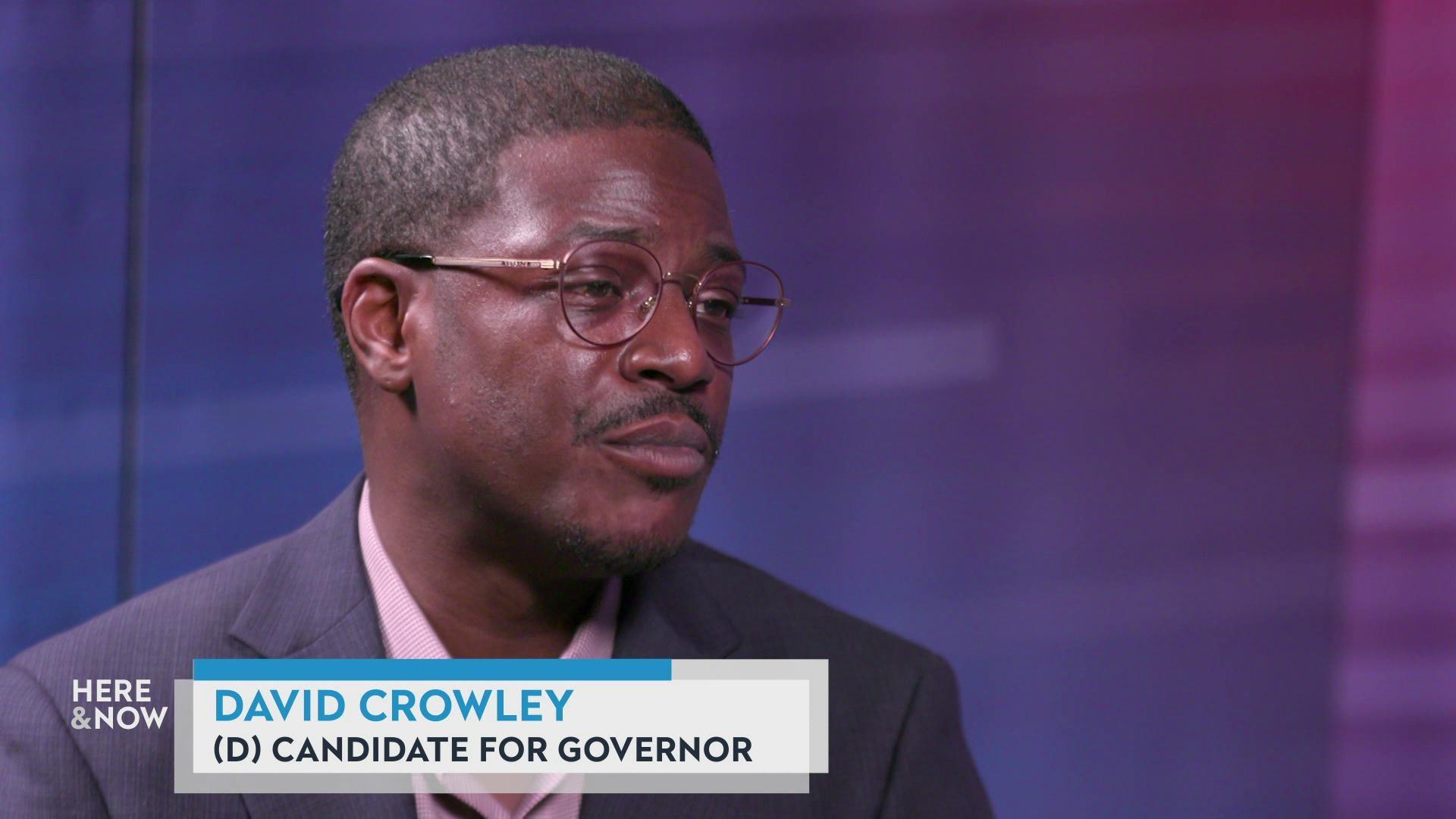
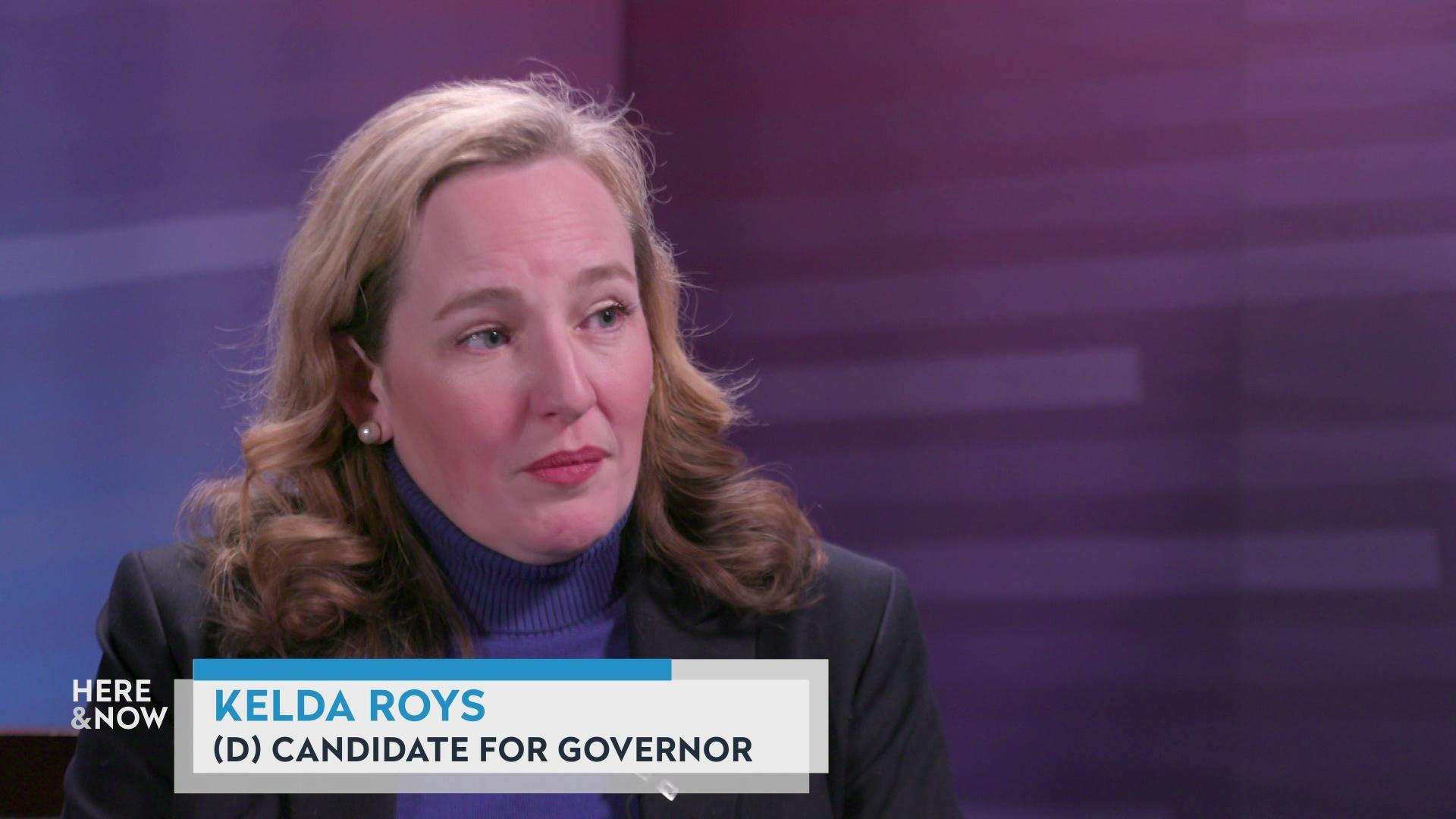


Follow Us